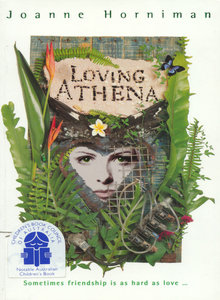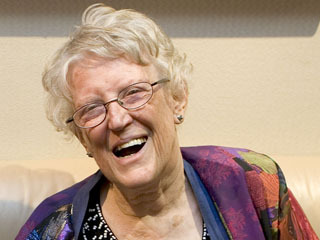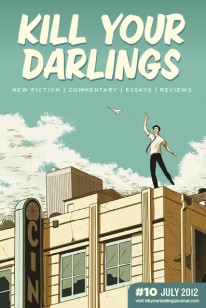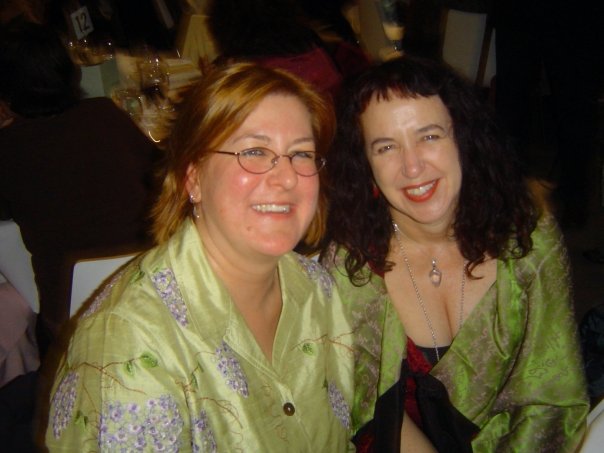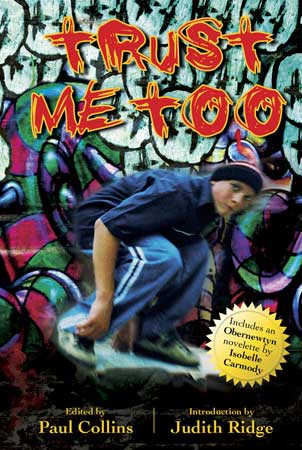I met a young woman today—a girl, really, a young teenager—who I’ll call Jessica. I was at the Mount Druitt Hub for a work event—we had an author talk and book launch with Ambelin Kwaymullina, and her first young adult novel, The Tribe: The Interrogation of Ashala Wolf.*
In the room opposite, an exercise program for children was running, and the parents and carers of the kids were out in the foyer area discussing exercise and nutrition and so on with a health worker. Jessica was kind of mooching around, looking at the posters on the noticeboard but mostly looking to be at a bit of loose end (I discovered later her younger brother was in the exercise class) and so I struck up a bit of a conversation with her.
She was a quietly spoken girl, a bit diffident, not very confident, I would guess, and I found it hard to catch her voice. I asked her if she liked to read, as we had a book launch happening. “Is it the Wolf book?” she asked—she’d seen the posters. “It looks a bit scary,” she said when I confirmed it. It’s not so scary, I reassured her, although it has a lot of action and adventure. Do you like to read? She shook her head. “Not all that much.”
I very nearly left it there. I didn’t want to be the creepy book lady, pushing paperbacks on the unwilling, but something made me think, what the heck. I had a spare complimentary copy of Ambelin’s book, so I ducked in and got it, and took it out to Jessica. Would you like this? I asked her. I have a spare. And if you like, you can come and meet the author and she’ll sign it for you.
“Oh, but I haven’t read it yet,” Jessica said, stroking the cover, as if somehow an unread signed book would be a spoiled thing. That’s OK, I said. Ambelin will sign it for you anyway,and you can keep it and read it and you’ll have your own copy signed by the author.
To be honest, I’m not sure she completely got what I meant. But she came with me anyway, and I introduced her to Ambelin. “Are you the author?” Jessica asked, a tiny bit awestruck. Ambelin beamed—Yes, I am! and they chatted a little, and Ambelin signed the book.
Jessica went back out to the foyer and as we were still waiting for people to arrive for the launch, I was popping in and out of the room and the foyer. I was glad to see Jessica was reading the book. And then suddenly, she stood up, and took herself back into the room where Ambelin was, made her way over to her, held out the book and said,
“This is really good.”
It was like she just had to tell her. There was a quiet urgency about it—this is good, and I have just discovered this, and I have to tell someone. And on this day, just because of a confluence of events, Jessica just so happened to have the chance to tell the author.
I don’t have to tell you that I was thrilled. For people like me, who believe passionately in the truth that life is simply better with books (by which I mostly mean stories) there’s just nothing to compare with the feeling of having made that connection for someone. And I’m really pleased, and lucky, that my day job allows me this opportunity from time to time—to find readers finding books.
But I’m certainly not suggesting that I made a reader tonight, because despite her initial hesitance, Jessica was clearly not really a non-reader at all.
After the launch was over, I went out to introduce myself to her mum, so that she’d know where (and who) this book came from, and I met Jessica’s younger brother, who I’ll call Sam, who, it has to be said, was looking at the book with what can only be called booklust. (Oh, how he wanted that book! And he wasn’t shy like his sister!)
I spoke with their mum, and she said their dad was a big book person, and that she liked to read, and that they always had books for the kids. She was really pleased about me having given Jessica copy of Ashala Wolf, and I gave her information about the day job, and how soon we’re going to be publishing kids’ book reviews on our website, &tc and so on—and I hope we hear from them.
But I know quite well that my pleasure in the encounter was more my own sense of connection and having done something concrete and practical in the way of putting that book in those hands—and that’s fine. We all need a little reminder of why we do what we do, and a little personal fillip to keep us on track. But nor do I want to overplay the encounter beyond my own personal pleasure from it, and the things I value that it reminded me of.
Because the more important point is that this is the work that teachers and librarians (and especially teacher-librarians), do every single day. It’s one of those remarkable and important things about the role of the teacher and the librarian that can’t be measured by budgets, NAPLAN results (whatever the pollies will tell you) or esoteric arguments about the future of the book. It requires people; people making connections, taking chances, having conversations. People saying, hey, have you read this? People—grown up people—saying to less grown up people, people in a position of trust using that trust to say, hey, I think you might enjoy this, if you’d be willing to give it a try.
People more or less bumping into one another in that random and sometimes astonishingly fortuitous (but perhaps also actually mostly rather prosaic) way that may happen between strangers (like me and Jessica) but which more often and more easily happens between people who have a reason to know one another—like teachers and librarians and kids.
So however it happened in this instance, I hope Jessica (and all the other Jessicas out there) is tucked up in bed and is halfway through Ashala Wolf by now (and that tomorrow Sam—and all the other Sams—will steal it from her and devour it), and that after that she’ll go to her school or local library, she’ll talk to her English teacher or her T-L, she’ll say, “I read this amazing book, and I wonder…” and she’ll find (and be helped to find) another book, and another…
and the next time someone asks her if she likes to read, she’ll nod and smile and say, quietly, confidently,
Yes, I do.
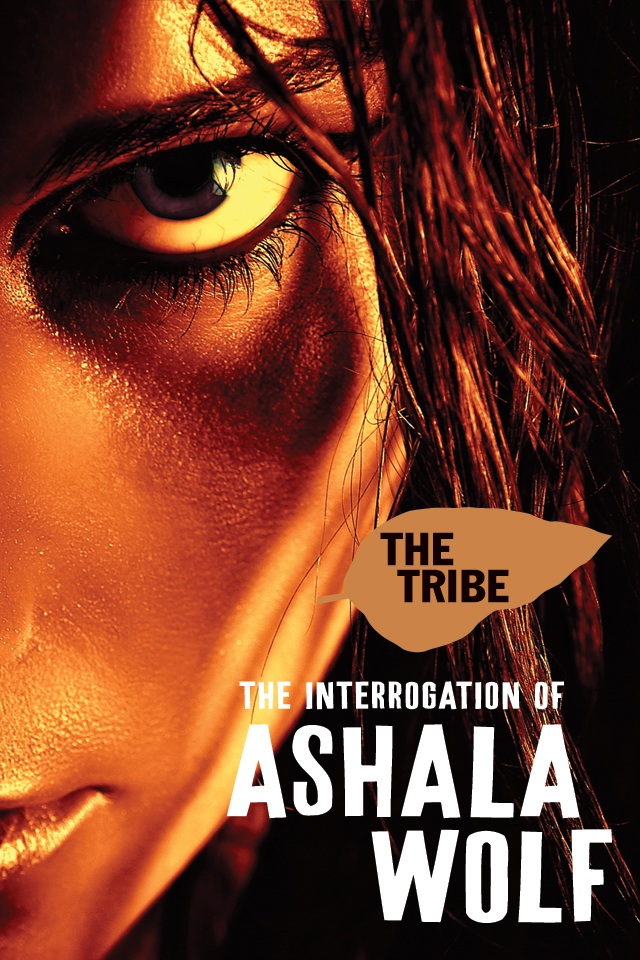
________________________________________
*The Interrogation of Ashala Wolf is a terrific book, by the way, and Ambelin is a new talent in Australian YA fiction to watch—of which, more later in another post, but in the meantime—thank you, Walker Books, for this evening!

